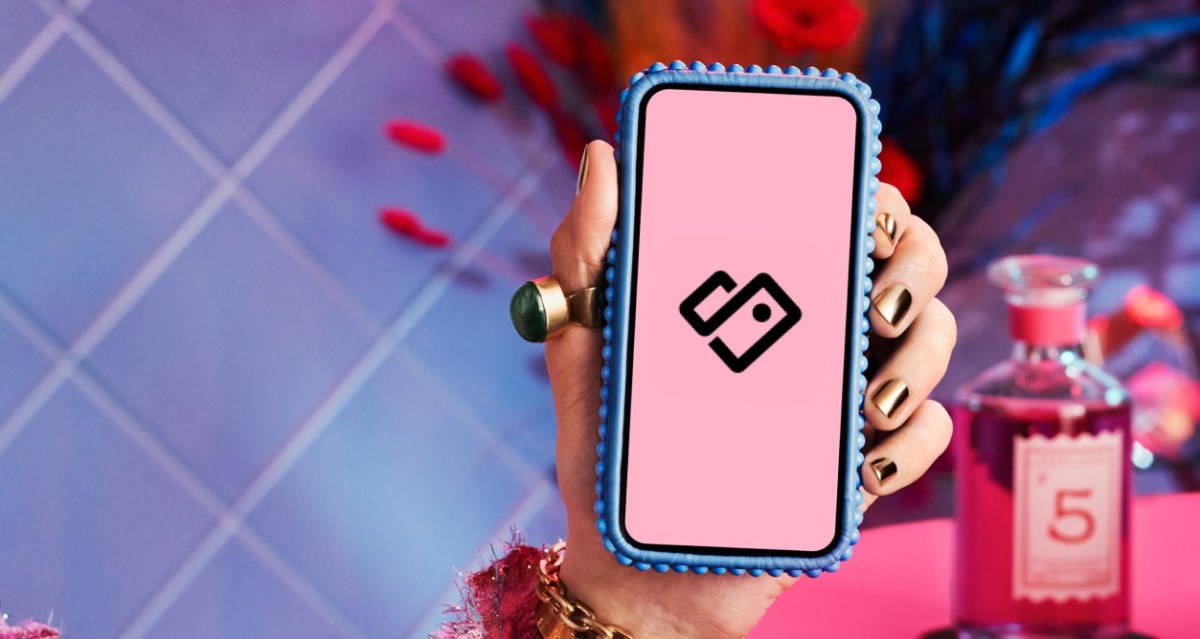More than two years into the pandemic, digital transformation has accelerated. Shoppers have turned to online shopping more than ever and many retailers have pivoted to meet new customer expectations.Terms like virtual shopping, live shopping and social shopping became the new normal, and with many more shopping tools on the horizon, it’s important that we don’t lose track of the most important aspect of selling – the consumer.
Experience has become the new loyalty, and businesses have to adjust to keep shoppers on the hook. What trends are making the biggest impact on today’s retail brand strategies and keeping customers coming back for more? We asked Klarna’s Tyler Condon, commercial lead for Stocard Australia and New Zealand, what’s most important for retailers to keep in mind when planning their loyalty strategy, today and into the future.
A lot has happened in the loyalty space in the past two years. What is the biggest change you’ve seen in terms of customer expectations?
The loyalty space is ever-evolving, but one thing is certain – consumers have more choice and more information at their fingertips than ever before. Along with that, shoppers have higher expectations, and retailers that focus on loyalty, and their most loyal customers, will thrive in this ultra-competitive landscape. It has well and truly become a two-way street whereby customers now have a certain level of expectation of the overall retail experience (both in-store and online), and they want to be acknowledged and rewarded as such for their loyalty. Loyalty programs are centred around consumer data and it is important for retailers to be transparent about the ways they intend to use this data and consumer information. We’ve seen a fairly seismic shift by consumers over the last two years in their comfort level of their data being shared. When used correctly, this can lead to better personalisation, driving a better overall customer experience and ultimately leading to stronger customer retention.
What’s the most important thing for retailers to keep in mind when setting their loyalty strategy?
Stay true to your ethos as a business and as a brand. Don’t try to be something you’re not as consumers will pick up on that straight away. Also, to my point before around consumer data, it is vital for brands and retailers to be transparent about how they intend to use this data. When it is used effectively, it can be a powerful tool for customer retention.
How does Klarna support loyalty and help retailers build long lasting relationships?
Klarna has always placed incredibly high value on loyalty, both to being loyal and supportive to our brand and retail partners, but also to our user base of more than 150 million people around the world. That is an area where Klarna excels as the business understands the importance of providing the best possible experience for users as well as our brand and retail partners around the world. Going above and beyond in customer service and providing unique and enhanced offerings within the Klarna ecosystem, combining payments, loyalty and marketing solutions, supports retailers and provide an incredible user experience for our customers. With recent acquisitions, such as Stocard, this only further solidifies Klarna’s position as a leader in the loyalty space compared to our counterparts and there are many exciting things taking shape in this area of this business. Watch this space.
We’ve seen a lot of new technology in the past year, what do you think will be most important for tomorrow’s shoppers?
I know this is a topic that comes up often, but personalisation for consumers will only become more important with time, and brands and retailers that can offer a more tailored, personalised experience for their customers will succeed and continue to thrive. For shoppers, we are noticing a higher degree of comfort and willingness to share their data if it means more personalised content through their social media channels, and email communications for example. People prefer to engage and interact with content that is relevant to their likes and preferences, so personalisation will continue to evolve, and quickly. It is also exciting to see products like virtual shopping take shape and grow quickly. Klarna recently acquired a business called Hero, which brings the in-store experience to e-commerce, all from your mobile device. Brands and retailers that stay on the forefront of these developments will be in a strong position to succeed, versus playing catch up in this space, because it is easy to get left behind.

